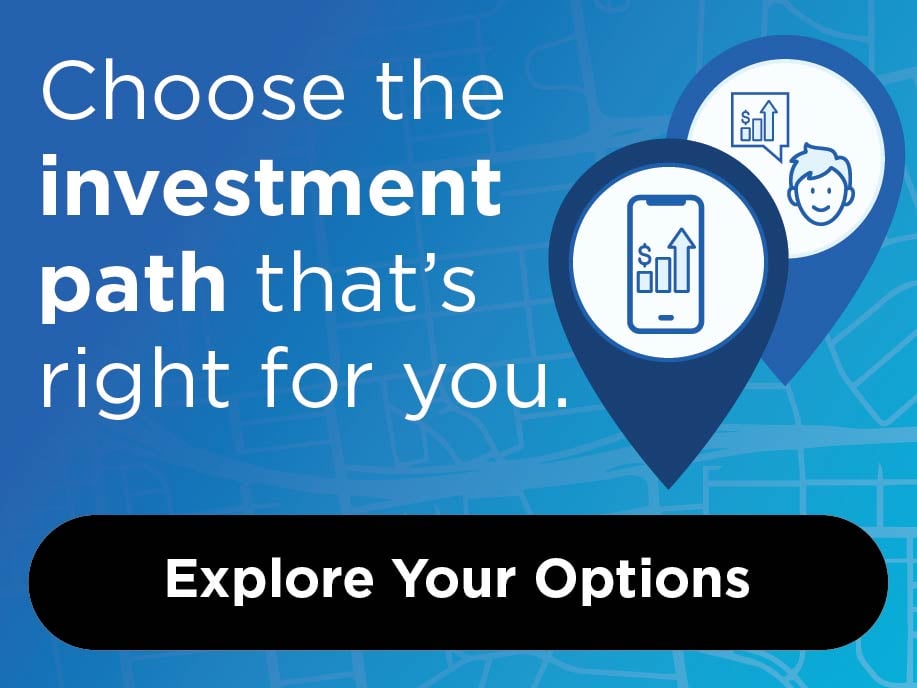
- How much home you can afford?
- What will your monthly mortgage payment be?
- How much money do you need for a down payment?
What mortgage types are available to me?
- Conventional
- FHA (Federal Housing Administration)
- VA (Veterans Affairs)
- USDA (United States Department of Agriculture)
- First Time Homebuyer Loans
- Adjustable-Rate Mortgages
- Jumbo loans
Fixed vs. Adjustable Rate: How do I know which is best for me?
Some loan programs offer fixed rates, while others offer adjustable rates. Let’s dive into how these differ and the impact they can have on your mortgage short and long term.
Fixed Rates:
- What does “Fixed” mean? The interest rate will remain the same for the entire duration of the loan.
- Typically available on 10, 15, 20 and 30 year terms.
- Pros: A fixed rate offers rate security and payment stability over the course of the loan – so no surprises.
Adjustable Rates:
- What does “Adjustable” mean? The initial rate is fixed for either 5 or 7 years, then your rate can adjust every 6 months for the remainder of the loan.
- Typically available on 30 years terms.
- Pros: An adjustable rate can offer significant payment savings in the first 5 or 7 years.
When weighing your options between a fixed or adjustable rate mortgage, consider these factors: how long you intend to stay in the home, whether you have large expenditures on the horizon such as paying for college or daycare, or other major life plans such as upcoming retirement. CommunityAmerica offers both Fixed and Adjustable terms and can help determine which is the right fit for you by reviewing your current and future financial needs.
Do I really need a 20% Down Payment?
There is a common misconception that a 20% down payment is required to purchase a home. In most cases, this is simply not true. Most borrowers can expect a minimum of a 3-5% down payment on a primary residence home. In some cases, you might even be able to put down 0% if you are a first-time homebuyer, veteran, or purchasing in a rural area.
If you are considering putting more money down than the required minimum, it’s important to weigh the cost versus the benefit. Unless you are putting a substantial amount down such as 20%, applying more money towards your down payment doesn’t always make a huge dent in your monthly payment. For example, for every $1,000 down, you will only see a $5-$6 reduction in payment. For every $5,000 down, you can expect to see around $20-$25 reduction in payment.
Example: Assume you’re purchasing a $250,000 home, with a fixed rate of 6.500% APR on a 30- year term. This is how your down payment impacts your monthly payment:
| 3% Down Payment | 10% Down Payment | 20% Down Payment | |
| Down Payment: | $7,500 | $25,000 | $50,000 |
| Monthly Payment: | $2,023 | $1,905 | $1,650 |
If a minimum down payment of 3% is needed, but you decide to put down 10%, your monthly payment will be $118 lower, and your out-of-pocket expense for the down payment will be $17,500 more.
So, if you are weighing putting more money down that what is required, consider how this will impact your overall payment and savings. As a homeowner, it’s important to have a rainy-day fund for unexpected expenses that may arise, so sometimes it may make more sense to keep your extra money in the bank. On the other hand, putting more money down will decrease you’re the total of interest paid on the loan. It’s important to consider the impact your down payment can have both in the short and long term.
If you want to crunch your own numbers, check out our handy Mortgage Calculator.
Taxes, Insurance and PMI, Oh My!
It’s important to know that your mortgage payment is more than just your principal and interest paid to the loan. In most cases, you will be required to include your property taxes and homeowner’s insurance in your payment. Depending on the type of loan you select, you may also be required to carry mortgage insurance (often referred to as Private Mortgage Insurance (PMI)) on the loan until you reach a certain equity position, or in some cases, for the life of the loan. Mortgage Insurance is different than your homeowner’s insurance and insures the lender in case you default on the mortgage. Your homeowner’s insurance insures your home in case something unexpected happens to your home such as a hailstorm damaging your roof. Before you start shopping for a home, you should work with your CommunityAmerica Mortgage Advisor to understand what you can afford to purchase, and what all is included in your monthly payment.
While we’ve just scratched the surface of this topic, know that your CommunityAmerica Mortgage Advisor is here to help you navigate the loan process. We will work with you to find the best loan option for your situation. Schedule a meeting with a CommunityAmerica Mortgage Advisor, visit your nearest branch or give us a call at 877.904.2228 today to get started.





